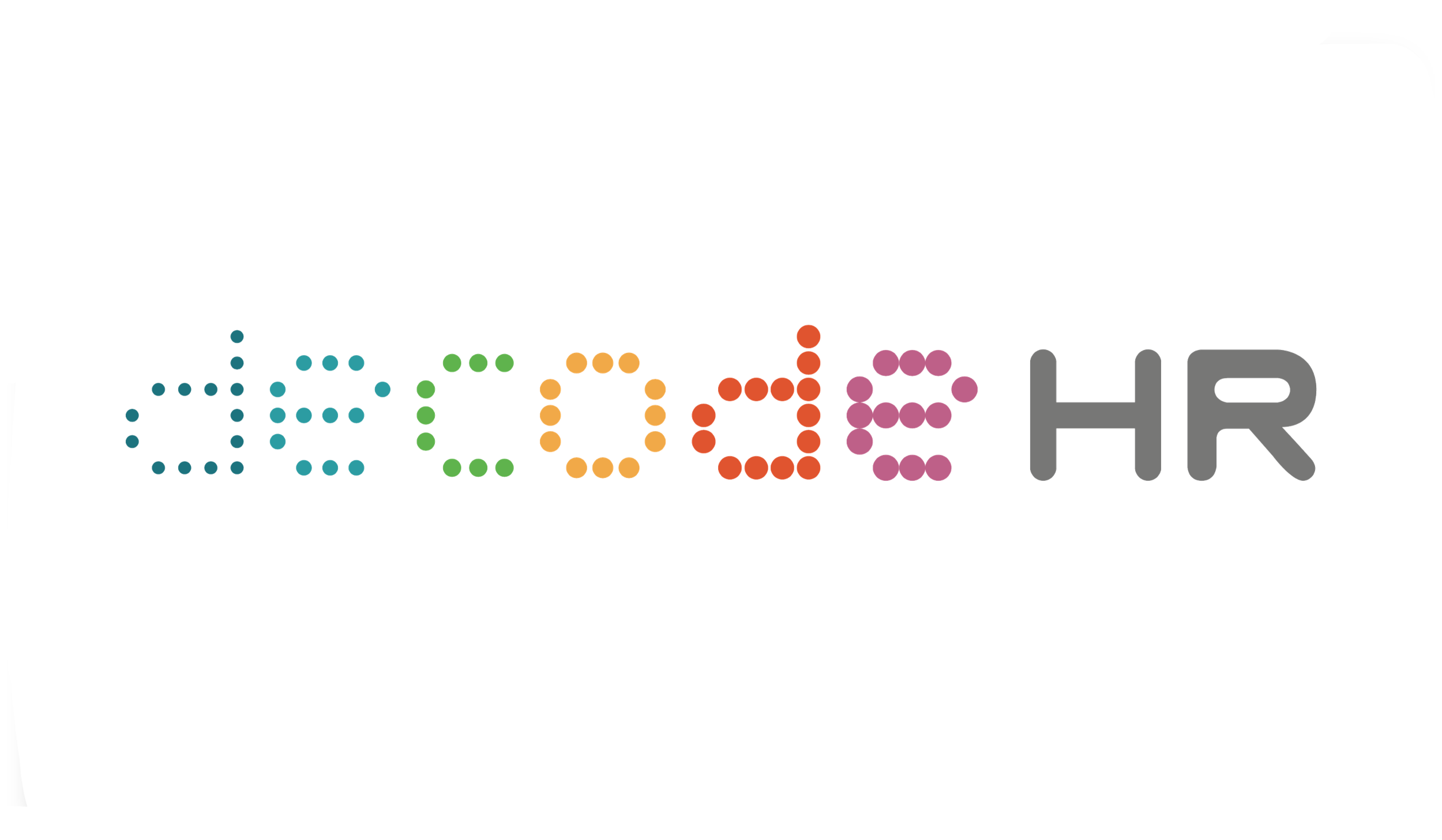The Essential Guide to Crafting a Winning Resume
Reading time: 5 mins
Photo: Freepik
A well-crafted resume serves as a gateway to exciting career possibilities. Think of it as your written elevator pitch - it can make a powerful first impression on potential employers and greatly influence your likelihood of securing an interview. Here are some dos and don'ts to guide you in creating an impressive resume:
The Dos
Customise for Every Job Application:
Your resume should be a chameleon, adapting to fit each job's unique requirements. Tailor it by highlighting qualifications and skills that directly align with the job description. Mirror relevant keywords from the job posting to increase your chances of passing through applicant tracking systems (ATS) scans.
Start With a Strong Summary or Objective:
Begin your resume with a compelling summary that highlights your unique qualifications and positions you as the perfect fit for the role. Form one concise paragraph and keep it within four sentences.
Highlight Achievements and Quantifiable Results:
Instead of listing your responsibilities, emphasise your accomplishments with supporting statements and measurable outcomes. Share specific examples of how you have contributed to departmental or company objectives. For example, you could showcase your problem-solving abilities by describing how you streamlined workflow processes, resulting in a 25% reduction in lead time. Demonstrating the impact of your work helps the hiring managers understand your value and potential contributions.
Use Power Verbs:
Start each bullet point with strong action-based verbs like "spearheaded", "implemented", "achieved", “negotiated”, "optimised", “analysed”, and more. This elevates your resume and increases your chances of being noticed in a competitive job market. Avoid using first-person pronouns like "I" or "my."
Showcase Your Skills:
Dedicate a separate section to showcase your core skills, both technical and soft. For hard skills such as software or foreign language, clearly state your proficiency level and any relevant certifications. When it comes to soft skills, avoid merely listing attributes like organisation or time management. Instead, demonstrate them through tangible examples of how you applied these skills in your past experiences.
Proofread Meticulously:
Ensure your resume is error-free by checking your spelling and grammar. Seek feedback from trusted sources such as your coach, mentor, advisor, or friends to spot any mistakes you might have overlooked and to gain alternative suggestions for phrasing or organising the information. Their input can greatly enhance the overall quality of your resume.
Keep Your Resume Updated:
Regularly update your resume, even when you are not actively job hunting, as you never know when an opportunity might arise. Additionally, ensure that the skills, experiences, and qualifications listed on your resume are consistent with those on your LinkedIn and other social media platforms.
The Don'ts
Add Unnecessary Personal Information:
Refrain from including personal details like photos, height, race, religion, or marital status to prevent potential biases in hiring decisions.
Experiment With Quirky Formats:
Using unconventional styles or excessive graphics may divert attention from the content and give an unprofessional impression. Opt for a clean and easy-to-read format with legible, appropriately-sized fonts and discernible margins on all four sides. Organise your resume with clear sections and bullet points to enhance readability.
Use Your Company Contact Details:
Always provide your personal email address and phone number instead of your professional contact details, even if your current employer knows of your intention to leave. Make sure that your personal email address is free of any inappropriate terms or nicknames.
Include Irrelevant Work Experiences:
If you have an extensive work history, focus on your most recent and relevant experiences. Omit older or unrelated experiences that do not add value to your resume.
Misrepresent, Lie, or Exaggerate:
Always be truthful about your skills, experiences, and achievements in your job applications and on your social media profiles. Falsifying information can diminish your credibility and lead to potential rejection or termination if discovered later.
Make Your Resume Too Long:
Keep your resume concise, ideally limited to one or two pages, as employers may not have time for lengthy descriptions.
In this competitive job market, a polished resume can be a game-changer. To help you perfect your CV, we have prepared a comprehensive resume checklist that covers 30 essential points to review before applying. Best of luck in your job search!
CHECK OUT OTHER CAREER-BOOSTING RESOURCES HERE:






